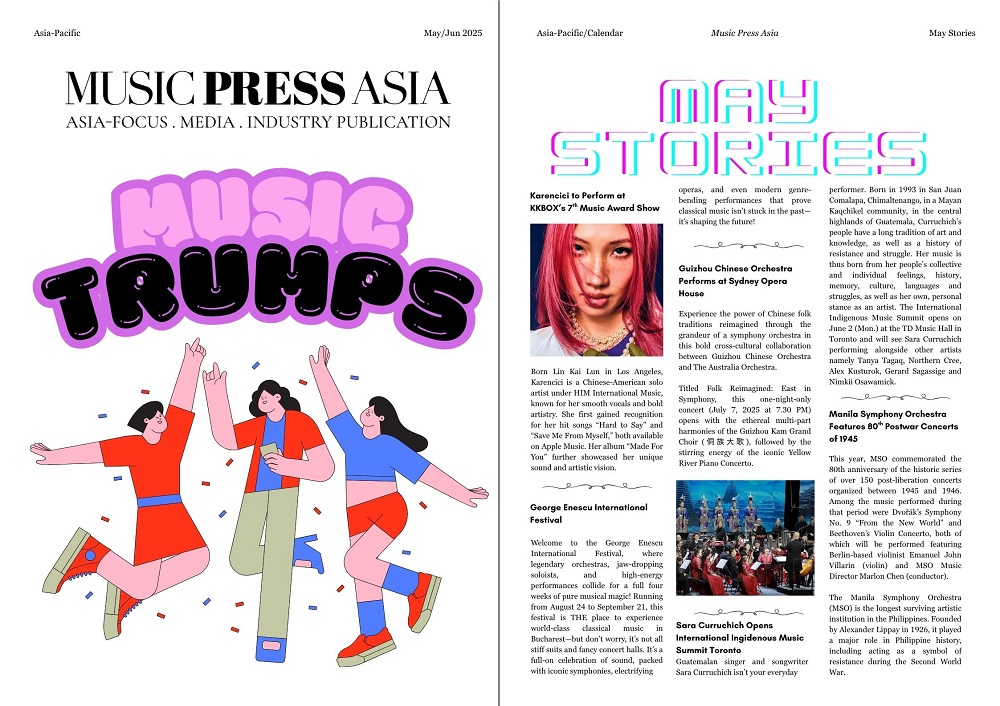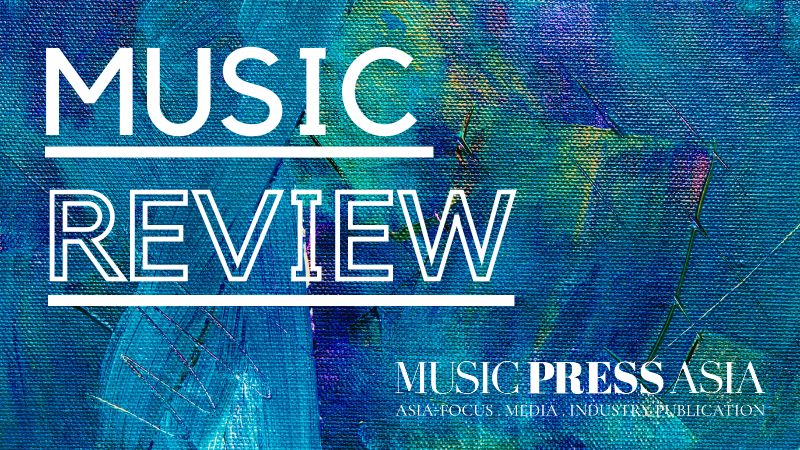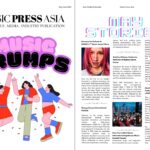How Tea Rhymes with Guzheng
How does tea rhymes well with the Guzheng? We are a strong-minded team bolstered by our love for Chinese tea and also the guzheng. Here’s why we think listening to this traditional stringed instrument should best be enjoyed with tea.
How does tea rhymes well with the Guzheng? We are a strong-minded team bolstered by our love for Chinese tea and also the guzheng. Here’s why we think listening to this traditional stringed instrument should best be enjoyed with tea.
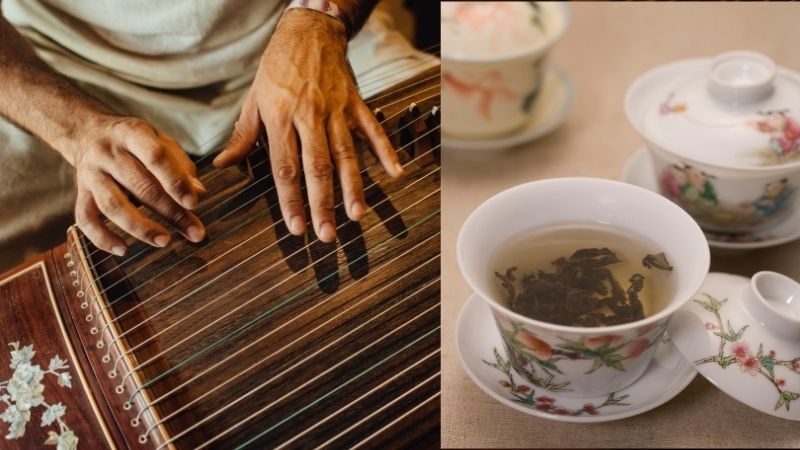
Tea is where we’d like to begin. If tea isn’t a reason to bring people together, then what does? While our editorial editors may like a gau (thick) cup of tea just to start agreeing with each other, it is its form and historical context that unite our misgivings. However, there is one question that continues to perplex many of us today at Music Press Asia – What do you have with it? While you may instantly think about a piece of cookie or a biscuit. Perhaps even a piece of toast. Contemplating why a highly subjective matter be a topic relevant to tea and Guzheng, please read on.
You see, tea, doubtless to say, plays a huge part in our company culture. Just as there are many variety of teas in the world as there are levels of caffeine in teas. Its complexity borders equally with mastery of oenology as well as wine drinking. This commodity in liquid form is still powering some of the largest workforce today and at Music Press Asia, its existence has powered the creative output of many of our publications to date.
Not too far away from us is iridescent Taiwan known to produce some of the best teas in the world. Its high mountain teas synonymously named the ‘Champagne of oolong tea’ has increasingly attracted tea enthusiast worldwide. In Nick Kemble’s ‘Super Detailed Guide to Teas in Taiwan’[1], we indulge in his quest for some of the world’s finest tea and its potency to the human body.
But the question remains here at Music Press Asia: To what sort of music you’d be listening when tea is brewing?
Guzheng, as much as it is a known traditional Chinese instrument, may be our most favourite answer. Tuned to a pentatonic scale, the zheng is most commonly a 16- or 21-string instrument.
With an ability to mimic bird calls and running streams, the Guzheng makes tea drinking a not undisturbed affair but rather harmoniously tuned with mother nature.
Imagine spending a whole Saturday afternoon listening to the zheng and being drunk on tea with friends in any Asian city and you’ll probably oust the need to ever touch alcohol again.
Nevertheless, the zheng has travelled far in this century. Peng Jingxuan, having graduated from Wuhan Conservatory of Music with a degree in Chinese folk music, recently played to a crowd in Paris. On Douyin (a short video Chinese platform), Peng has already earned more than 89 million likes[2]. But mentioning that would just be the tip of the iceberg because the zheng has been greatly represented as an instrument of immense vitality even in the West.

Over the years, its performances were adapted by other genres including the rock band of Cui Jian and free improvised music by Randy Raine-Reusch[3].
The instrument, used in countless western and Asia’s regional and national films and live performance, represents two playing styles identified as Northern and Southern although myriad other traditional regional styles still exist today.
The Guzheng itself is an embodiment of beauty. Its players exudes grace and strength and at the heel of the zheng’s exuberance express the balance of the yin-yang element, at its equidistant with tea.
Analogous to drinking tea, both are never meant to be enjoyed rapidly. Its benefits from containing antioxidants to reducing the risk of heart attack and stroke. Even assisting with weight loss are just some of the many reasons one should start drinking tea.
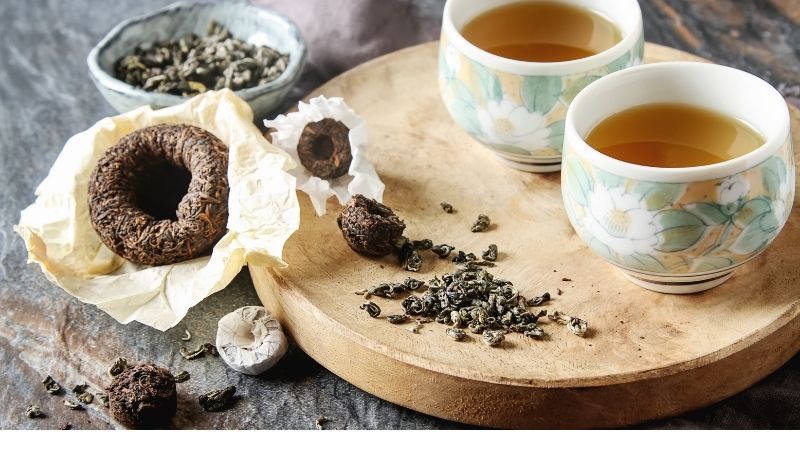
Some Tea Parlours today, unwittingly, have lost entirely its culture to promote the essence of time. But if the guzheng can be played again, perhaps there’d be a chance to revive and merge these two elements that have stood the test of time. Guzheng and tea are never meant to be separate entities in entertainment.
Go on. Enjoy tea drinking while listening to some of our most prominent guzheng masters today. To begin, we recommend ‘The Art of the Chinese Harp’ by Xiao Ying. Click here to listen.
Reference link:
[1] https://www.nickkembel.com/tea-in-taiwan/
[2] https://www.womenofchina.cn/womenofchina/html1/In-depth/exclusives/21031/6478-1.htm
[3] https://www.seattleguzheng.com/history
Other references: https://www.eatright.org/health/wellness/preventing-illness/the-health-benefits-of-tea

